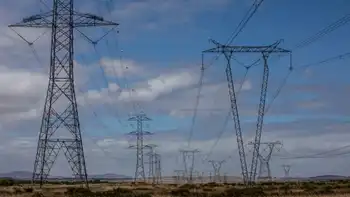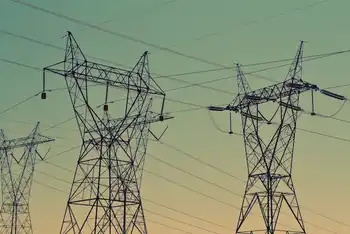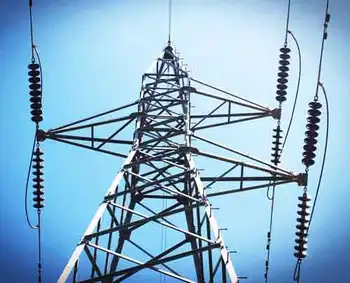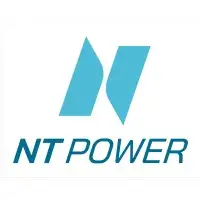OntarioÂ’s nuclear family needs home team help
That team is AECL and the 100-plus high-tech Ontario manufacturers that make up the vast majority of AECL's supply chain.
First, let's be proud of what we have accomplished in Ontario. Of the 440 commercial power reactors operating in the world today, 34 are CANDU's — not a bad market share for a country with a GDP the size of Canada's.
Our plants are performing well, in many cases taking two or more spots on the yearly list of the world's top 10 performing reactors.
Sun Media columnist Greg Weston, in his recent column "Nuke French Kiss," states AECL with its new ACR-1000 design, is proposing an unproven reactor for Ontario. He goes on to incorrectly state the French bidder, Areva, is already building its 100th reactor of the same type being proposed for Ontario.
The truth is all three bidders, AECL, Areva and Westinghouse are proposing new designs. It is important to note, however, the design of AECL's ACR-1000 reactor being proposed for Darlington B is not radically different than the tried and proven CANDU-6. It is evolutionary, not revolutionary.
Weston also states AECL has a history of over-budget projects. Not true. Over the past 13 years, AECL has built three units in South Korea, two units in China and two units in Romania, all on time and on budget.
Chinese President Hu Jintao stated in 2003 "the Third Qinshan Nuclear Power Plant is the most successful foreign managed mega-project in China's history."
That's a statement we can be proud of.
If AECL and its Ontario supplier base can do this halfway around the world, we can certainly do it at home.
AECL's trump card in its bid for the new Ontario plant is its supply chain, which thanks to these foreign successes is well oiled and ready to go.
The vast majority of this supply chain resides right here in Ontario and, guess what, Dalton McGuinty, so do AECL's employees. Do we want corporate and personal income taxes resulting from this project paid in Ontario or France?
The thousands of design and manufacturing jobs created by this project are the kind we need. They are at the top of the food chain.
In my company alone, AECL's success in Ontario will mean at least 60 new highly skilled jobs and an additional 30,000 sq. ft. of manufacturing space.
Ontario universities such as UOIT and McMaster foresaw the coming "nuclear renaissance" several years ago and the first graduating classes of nuclear engineering students are now hitting the job market eager to take on this project. These engineers are trained on CANDU technology.
From a manufacturing standpoint, CANDU reactor components require high precision machining and assembly and, due to the custom nature of this work, they are jobs that will stay in Ontario.
The Areva and Westinghouse reactor designs are vastly different than our CANDU.
If AECL does not win this bid, Ontario will see very little manufacturing work. A foreign reactor supplier would not want to introduce schedule risk by going to first-time suppliers for its key reactor components.
We have a lot riding on this bid. There are other provinces and countries considering the purchase of ACR-1000 reactors and their eyes are on Ontario. A win by AECL will provide the springboard we need to win these other projects and build on the resulting high-end jobs for decades.
The French government from Nicolas Sarkozy on down backs and promotes its home grown nuclear industry, and rightly so.
It's time that our federal and provincial governments do the same.
Related News
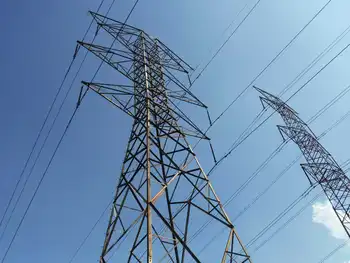
Hydro-Quebec begins talks for $185-billion strategy to wean the province off fossil fuels
MONTREAL - Hydro-Québec is in the preliminary stages of dialogue with various financiers and potential collaborators to strategize the implementation of a $185-billion initiative aimed at transitioning Quebec away from fossil fuel dependency.
As the leading hydroelectric power producer in Canada, Hydro-Québec is set to allocate up to $110 billion by 2035 towards the development of new clean energy facilities, with an additional $50 billion dedicated to enhancing the resilience of its power grid, as revealed in a strategy announced last November. The remainder of the projected expenditure will cover operational costs.
This ambitious initiative has garnered significant interest from the financial…


